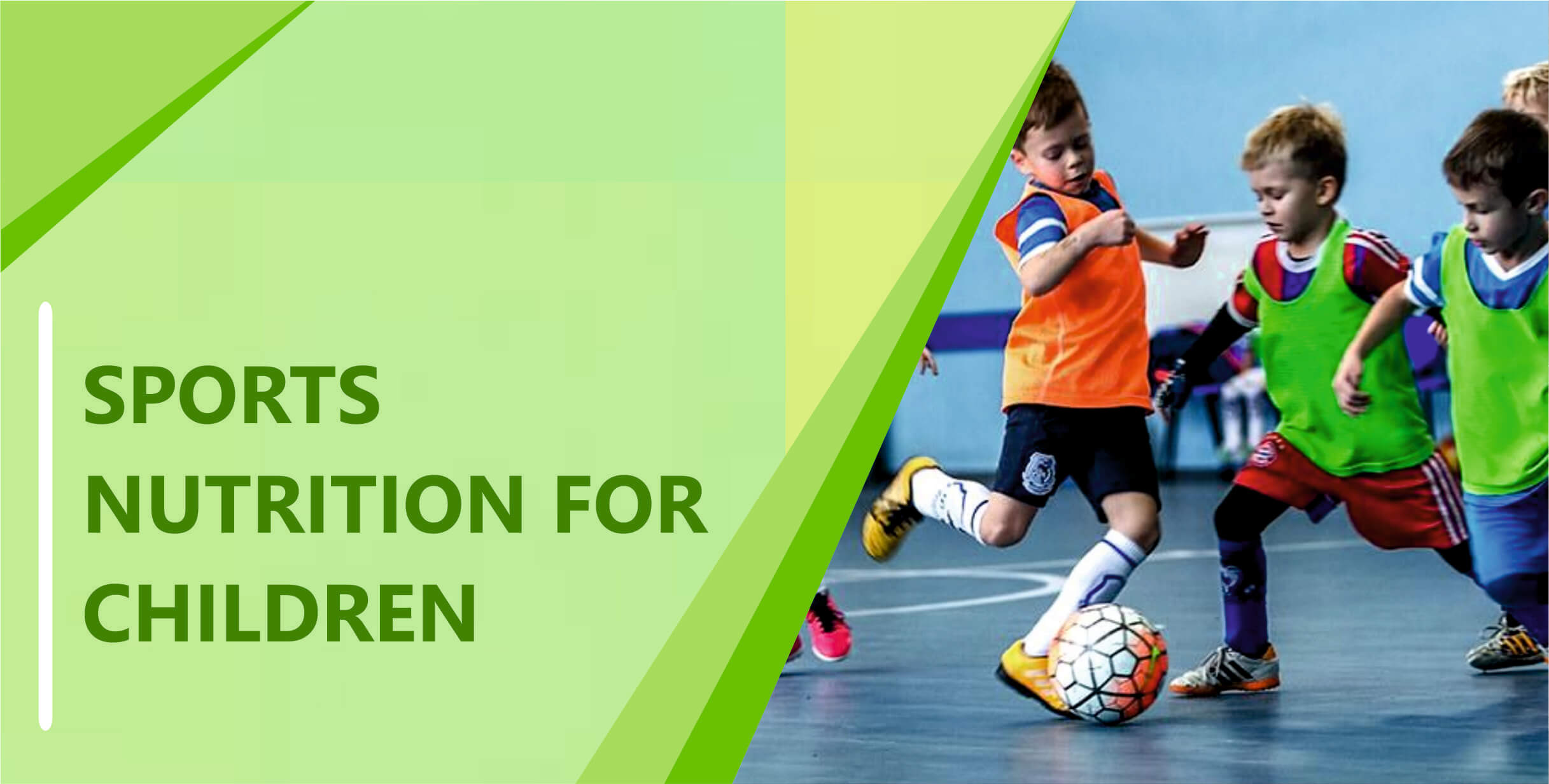Many a times this question pops up in the mind of parents of child athletes: What should my child eat and drink to gain a competitive edge?
Active kids and teens play football, cricket, basketball, baseball, volleyball, soccer, tennis, and squash. They participate in the swimming and track teams and sometimes parents even send them to sports camps in the summer. Not only are they full of energy and incredible athletes in their own right but nothing can slow them down except for improper nutrition. Often parents are bombarded with nutrition facts which are confusing and thus they seem misinformed about what foods their child requires for good health and the demands of regular physical activity and athletic competition.
Focus on hydration: Dehydration leads to fatigue during exercise. To properly hydrate you need to drink all day. Athletes should have something to drink on them AT ALL TIMES to ensure balanced fluid and electrolyte levels. The more you sweat the more fluid you need to replace.
Low-fat chocolate milk has it all for proper post workout recovery: protein, carbs, fluid and electrolytes. If dairy isn’t an option, try chocolate soy milk.
Pick nutrient dense foods: Athletes need vitamins, minerals and antioxidants to keep those muscles pumping. Calcium, iron, Vitamins C and D, and B-vitamins can be found in dairy, fruits, veggies, breads and cereals. Pack high-carbohydrate, moderate protein, low-fat snacks such as energy bars, nuts, fruit, peanut butter and bread and fluids.
A pre-exercise meal is important to prevent hunger and to supply energy to athletes’ working muscles: The night before competition and 2 hours before exercise: focus on carbs, moderate protein, low-fat foods and fluids (pasta with veggies and chicken, fruit, milk, cereal, yogurt, toast, juice).
Nutritious foods help to fuel physical activity and thereby help your child play their best: Healthy examples of foods for child athletes include: low-fiber cereal with milk and fruit; a energy bar with yogurt and a banana; a turkey sandwich on whole-wheat bread; a glass of milk and an apple. Option for foods that are high in carbohydrates and low in fat, sugar and salt. Protein can also be included (just keep the overall amounts relatively small, as protein can be slow to digest).

